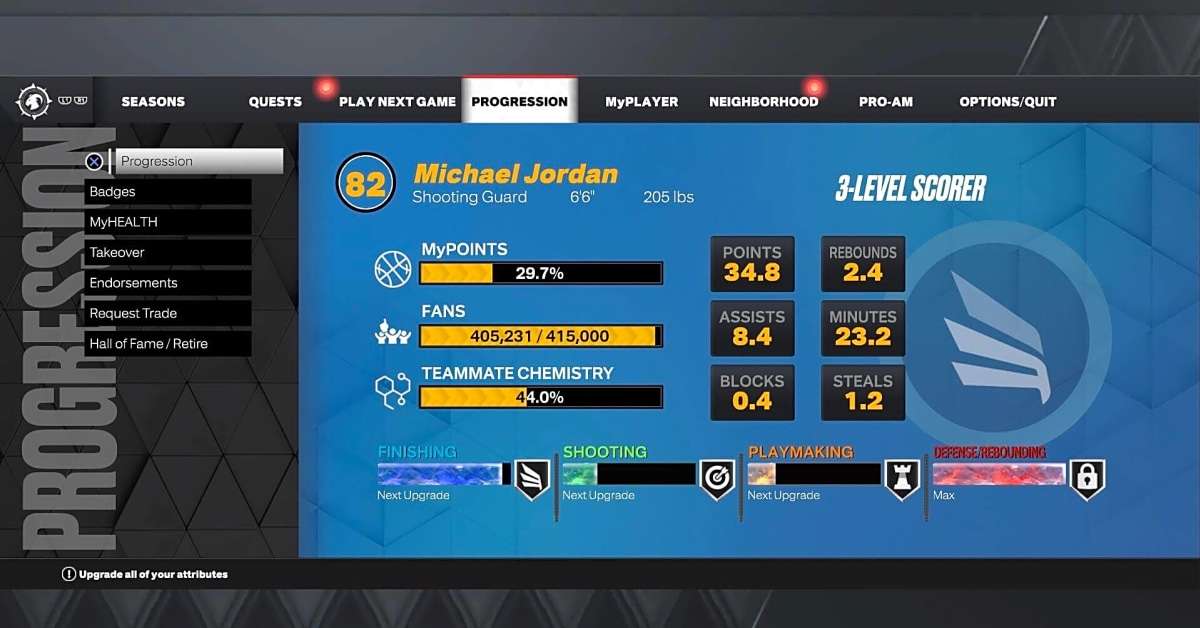Welcome to our article on building team chemistry for FPS game strategy! Whether you’re a seasoned competitive gamer or just starting out, one thing is for sure – having strong team chemistry can make all the difference in achieving victory. In this article, we will dive into the importance of team chemistry in the fast-paced world of first-person shooter games and how it can greatly enhance your gameplay. We will also discuss various strategies and techniques to foster better communication and teamwork within your team. So, get ready to level up your skills and dominate the competition as we explore the crucial role of team chemistry in FPS gaming.
Building Team Chemistry for FPS Game Strategy
Welcome to our guide on building team chemistry in first person shooter games. Whether you are new to FPS games or looking to improve your skills, having strong teamwork and communication can greatly impact your success. In this article, we will cover everything you need to know about building team chemistry in FPS games.
To begin, let’s define what team chemistry means in the context of FPS games. Team chemistry refers to the level of coordination, trust, and communication among teammates in a multiplayer game. It involves understanding each other’s play styles, strengths and weaknesses, and working together towards a common goal. In order to achieve success in competitive gaming, having strong team chemistry is crucial. This means having a solid understanding of the game mechanics, effective communication, and the ability to work together as a team.
One important aspect of building team chemistry is understanding the roles and responsibilities of each player on your team. In most FPS games, there are different classes or characters with unique abilities and strengths. It is important for each player to understand their role and how they can best contribute to the team. For example, a player who excels at sniping may be better suited for a long-range support role, while a player with quick reflexes may excel at close-range combat.
Another key element of team chemistry is effective communication. This involves using in-game chat or voice chat to communicate important information such as enemy locations, strategies, and potential threats. Clear and concise communication is essential for successful teamwork.
Aside from in-game communication, it is also important to build a rapport with your teammates outside of the game. This can involve getting to know each other’s play styles, strengths and weaknesses, and even just having friendly conversations. This can greatly improve team chemistry and make for a more enjoyable gaming experience.
Lastly, practice makes perfect when it comes to building team chemistry. It takes time and effort to understand each other’s play styles and develop effective strategies as a team. Don’t be discouraged if things don’t click right away, keep playing and communicating with your team and you will see improvement over time.
Understanding Your Teammates
In order to build strong team chemistry in FPS games, it is crucial to understand your teammates. This means knowing each other’s roles, strengths, and weaknesses. By having a clear understanding of each player’s role on the team, you can effectively work together and utilize each other’s strengths to achieve victory.
Effective Communication
Effective communication is crucial in building team chemistry in FPS games. It involves not just talking in-game, but also building rapport outside of the game. In-game chat is a powerful tool for communicating with your teammates during a match. It allows you to quickly relay information, strategize, and make adjustments on the fly.
Outside of the game, building rapport with your teammates is just as important. This can include getting to know each other personally, finding common interests, and creating a sense of camaraderie. When you have a strong bond with your team, it can greatly improve communication and teamwork during a match.
Practice Makes Perfect
In order to truly build team chemistry in FPS games, it is important for players to work together and consistently practice. This is especially true for first person shooter games, where quick reflexes and precision are key.
One way to practice teamwork and communication is by playing with the same group of players regularly. This allows for team members to get used to each other’s play styles and develop a strong understanding of how to work together effectively.
Another helpful practice is to have designated roles within the team. This ensures that each player has a specific job and knows what is expected of them during gameplay. By consistently playing in these roles, players can improve their skills and become more efficient in their roles.
Additionally, it is important for teams to review their gameplay and discuss what went well and what could be improved upon. This allows for open communication and helps identify areas where the team can work on their chemistry. By continuously practicing and working together, teams can improve their overall chemistry and become a formidable force in FPS games.
Building team chemistry is essential for success in FPS games. By understanding each other’s roles, communicating effectively, and practicing together, you can greatly improve your team’s performance. Remember to have fun and enjoy the process of building strong team chemistry.


